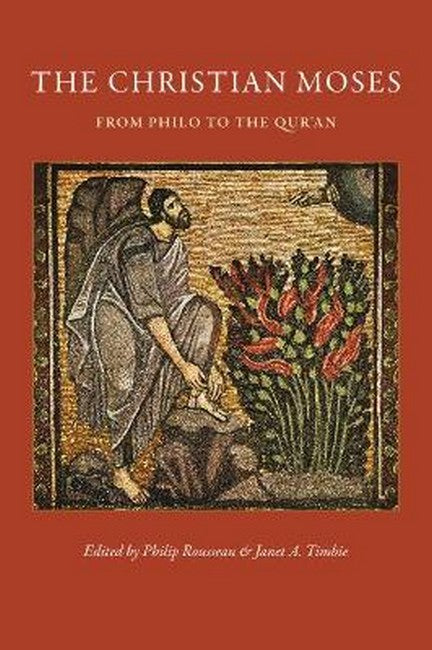Philip Rousseau is the Andrew W. Mellon Distinguished Professor of Early Christianity at The Catholic University of America. Janet A. Timbie is adjunct professor of Semitics at The Catholic University of America.
Request Academic Copy
Please copy the ISBN for submitting review copy form
Description
"An extraordinarily rich contribution to the study of early Christian exegesis since it provides such a rich and diverse array of profiles of Moses, and moves the discussion outside of strictly exegetical considerations to his role in the larger shaping of Christian communal identity."--Paul M. Blowers, Emmanuel Christian Seminary, Milligan College"This outstanding collection shows how ancient Christians used Moses to address central questions of Christian thought and practice, including the interpretation of the Bible, the attributes of the ideal leader, the role of the Jews in salvation history, and the identity of Christ. Engaging sources that range from the New Testament, to major theologians, and to poetry and visual images, the authors reveal the enduring fascination with the man who, Exodus tells us, beheld God. Essential reading for scholars of early Christianity and the religions of late antiquity."--David B. Brakke, The Ohio State University "What a pleasure to read a volume of collected essays in which the scholarship on display is of such high quality throughout. The contributors present an exemplary series of close readings and interpretive engagements with early Christian textual and visual-material sources, bringing them into vital conversation with contemporaneous Jewish and Muslim writings. The result is a multi-faceted glimpse into how the figure of Moses was taken up as a malleable--and often contested--marker of religious identity in the late ancient world."--Stephen Davis, Yale University

